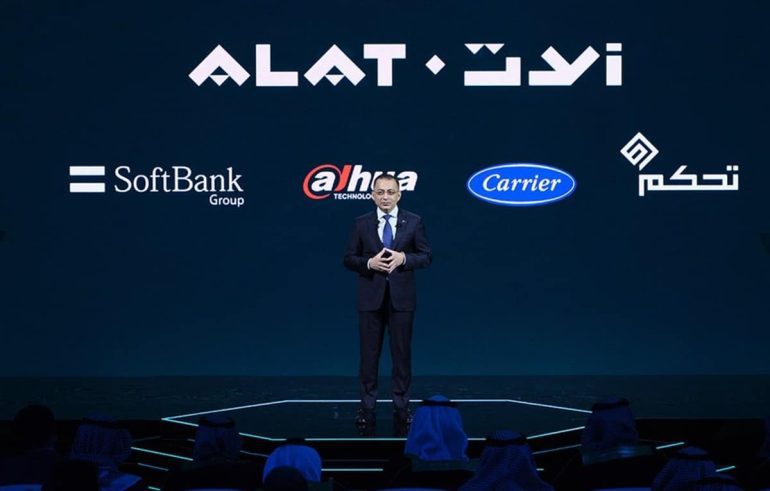- Alat, Saudi Arabia’s investment fund, ready to divest from Chinese ventures if requested by US.
- CEO Amit Midha emphasizes commitment to align with US directives on manufacturing and supply chains.
- Talks between US and Saudi officials underscore the need for Saudi Arabia to choose between Chinese and American technological collaborations.
- Saudi Arabia aims to establish itself as a regional leader in advanced technology, focusing on data centers, AI firms, and semiconductor manufacturing.
- US pressure on Abu Dhabi-based AI firm G42 to sever ties with Chinese technology sets precedent.
- Alat set to announce partnerships with two US tech companies by June’s end, indicating a strategic shift towards American collaborations.
Main AI News:
In recent developments, the CEO of Alat, a Saudi Arabian investment firm specializing in semiconductor and artificial intelligence technologies, affirmed the nation’s willingness to divest from Chinese ventures if prompted by the United States. Amit Midha, at the helm of this $100 billion-backed endeavor by the Public Investment Fund, iterated their commitment to align with US directives regarding manufacturing and supply chains.
This strategic stance emerges amidst ongoing discussions between US and Saudi officials, as reported by Bloomberg, emphasizing the necessity for Saudi Arabia to make decisive choices between Chinese and American technological collaborations. Midha emphasized the paramount importance of forging trusted partnerships with the United States, highlighting it as the premier destination for AI, chip, and semiconductor industries.
Saudi Arabia’s aspirations to become a regional powerhouse in cutting-edge technology are palpable, as evidenced by plans to establish data centers, AI enterprises, and semiconductor manufacturing facilities. These ambitions unfold against a backdrop of heightened US scrutiny over the Middle East’s affiliations with China, driven by concerns that countries like Saudi Arabia and the United Arab Emirates could inadvertently facilitate Chinese access to restricted technology.
The precedent set by the US in urging Abu Dhabi-based AI firm G42 to sever ties with Chinese technology underscores the gravity of such decisions. This directive, coupled with Microsoft Corp.’s substantial investment following compliance, demonstrates the tangible consequences of geopolitical alignments in the tech sector.
Looking ahead, Alat is poised to solidify partnerships with two US tech entities by June’s end, signaling a strategic pivot towards American collaborations. While specifics remain undisclosed, Midha hinted at joint investments with a US investment firm, underscoring the evolving landscape of global technological alliances.
Conclusion:
Saudi Arabia’s Alat Fund’s readiness to pivot away from Chinese investments in response to US directives reflects the increasing influence of geopolitical dynamics on the global technology market. This strategic move underscores the importance of aligning with the dominant players in the industry, particularly the United States, signaling a potential shift in investment trends towards American partnerships.

